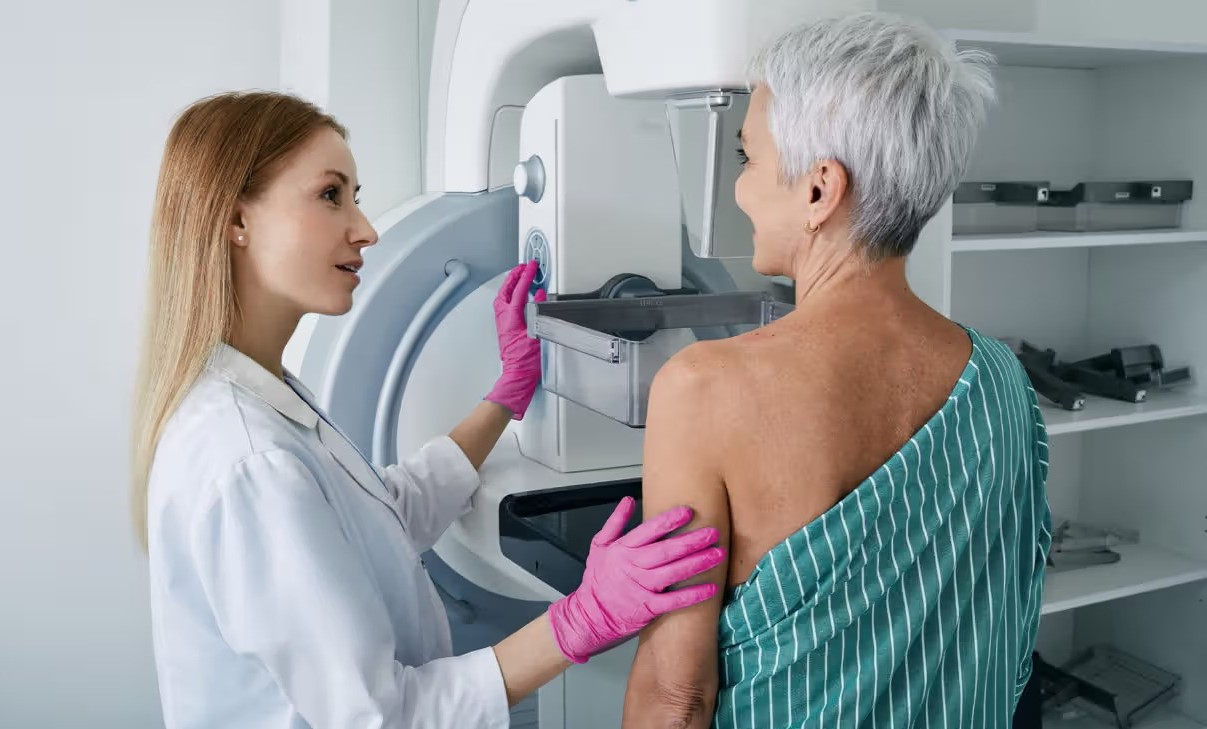
Triple Negative Breast Cancer (TNBC) is a unique and aggressive form of breast cancer. Unlike other types, TNBC lacks three common receptors known to fuel most breast cancers: estrogen, progesterone, and HER2. This absence makes it challenging to treat since hormone therapies and drugs targeting HER2 are ineffective. TNBC tends to grow and spread faster than other breast cancers, often diagnosed in younger women and those with BRCA1 gene mutations. Understanding TNBC is crucial for early detection and effective treatment. This post will share 12 essential facts about Triple Negative Breast Cancer to help you stay informed and proactive.
What is Triple Negative Breast Cancer?
Triple Negative Breast Cancer (TNBC) is a unique type of breast cancer. It differs from other forms because it lacks three common receptors known to fuel most breast cancers: estrogen, progesterone, and HER2. Understanding TNBC can help in recognizing its distinct characteristics.
-
TNBC accounts for about 10-15% of all breast cancers. This makes it less common than other types, but still significant.
-
It is more aggressive and has a higher chance of spreading. TNBC tends to grow and spread faster than other types of breast cancer.
-
TNBC is more likely to affect younger women. Women under 40 are more frequently diagnosed with this type of breast cancer.
Symptoms and Diagnosis of TNBC
Recognizing the symptoms and understanding the diagnosis process is crucial for early detection and treatment. TNBC shares many symptoms with other breast cancers, but there are some nuances.
-
Common symptoms include lumps, pain, and changes in breast shape. These symptoms are similar to other breast cancers, making regular check-ups important.
-
Mammograms and biopsies are essential for diagnosis. These imaging tests help detect abnormalities, while biopsies confirm the presence of cancer cells.
-
TNBC is often diagnosed at a later stage. Due to its aggressive nature, it may not be detected until it has progressed further.
Treatment Options for TNBC
Treatment for TNBC can be challenging due to its unique characteristics. However, several options are available to manage and treat this type of cancer.
-
Chemotherapy is the most common treatment. Unlike other breast cancers, TNBC does not respond to hormone therapy or HER2-targeted treatments.
-
Surgery is often used to remove tumors. This can include lumpectomy (removing the tumor) or mastectomy (removing the breast).
-
Radiation therapy may be used after surgery. This helps kill any remaining cancer cells and reduce the risk of recurrence.
Risk Factors and Prevention
Understanding the risk factors can help in taking preventive measures. While some factors are beyond control, others can be managed to reduce the risk.
-
Genetic mutations like BRCA1 increase the risk. Women with these mutations have a higher chance of developing TNBC.
-
Lifestyle factors such as diet and exercise play a role. Maintaining a healthy lifestyle can help lower the risk of developing breast cancer.
-
Regular screenings are crucial for early detection. Early detection through regular mammograms and self-exams can improve treatment outcomes.
Understanding Triple Negative Breast Cancer
Triple Negative Breast Cancer (TNBC) is a unique and aggressive form of breast cancer. It lacks estrogen, progesterone, and HER2 receptors, making it harder to treat. TNBC often affects younger women and those with BRCA1 mutations. Early detection is crucial since it spreads faster than other types. Treatment usually involves a combination of surgery, chemotherapy, and radiation. Researchers are exploring new therapies, including immunotherapy and targeted treatments, to improve outcomes. Support from family, friends, and healthcare providers plays a vital role in managing the emotional and physical challenges of TNBC. Awareness and education about this condition can lead to earlier diagnosis and better treatment options. Stay informed, advocate for yourself, and seek support when needed. Knowledge is power in the fight against TNBC.
Was this page helpful?
Our commitment to delivering trustworthy and engaging content is at the heart of what we do. Each fact on our site is contributed by real users like you, bringing a wealth of diverse insights and information. To ensure the highest standards of accuracy and reliability, our dedicated editors meticulously review each submission. This process guarantees that the facts we share are not only fascinating but also credible. Trust in our commitment to quality and authenticity as you explore and learn with us.


